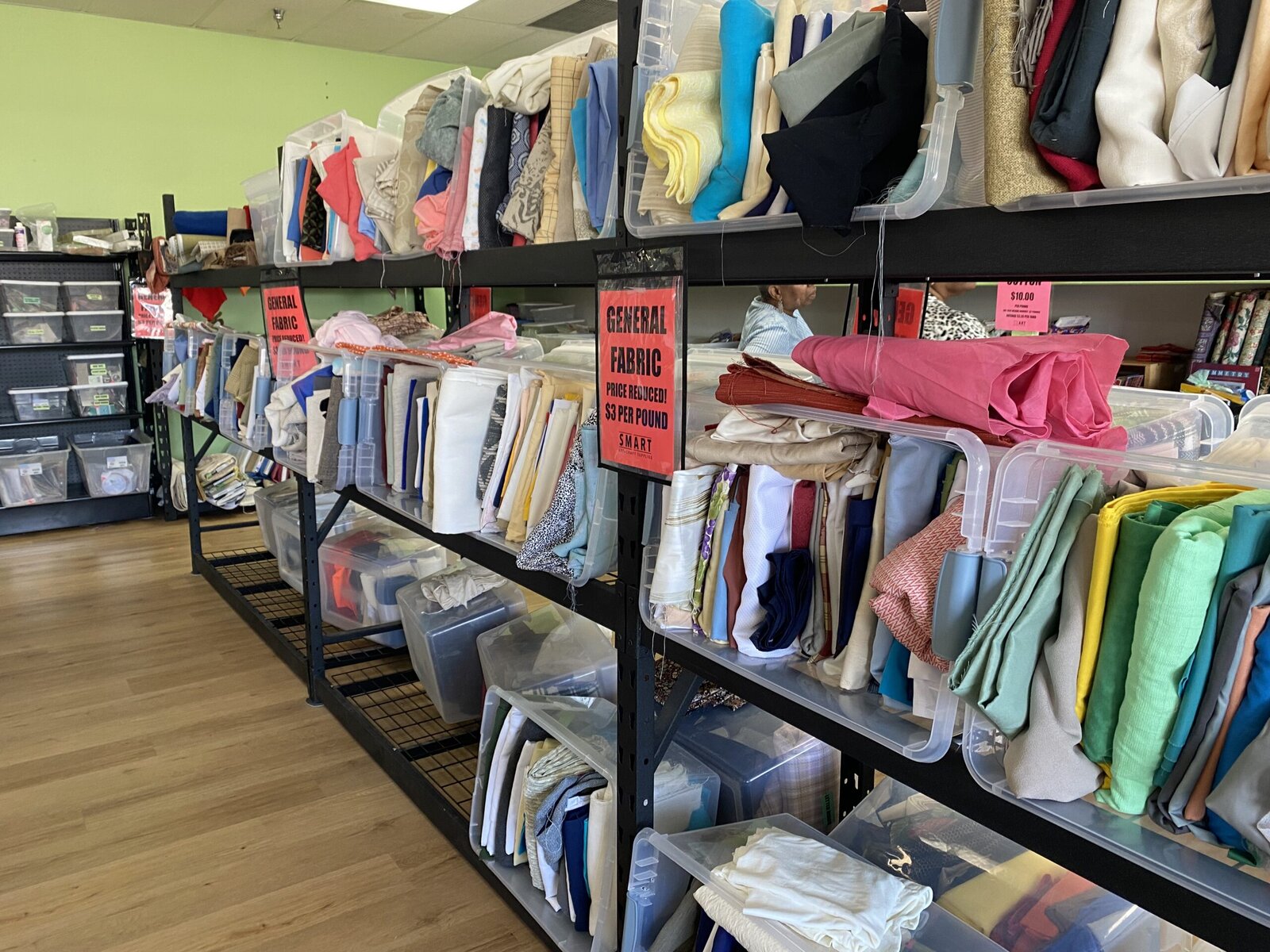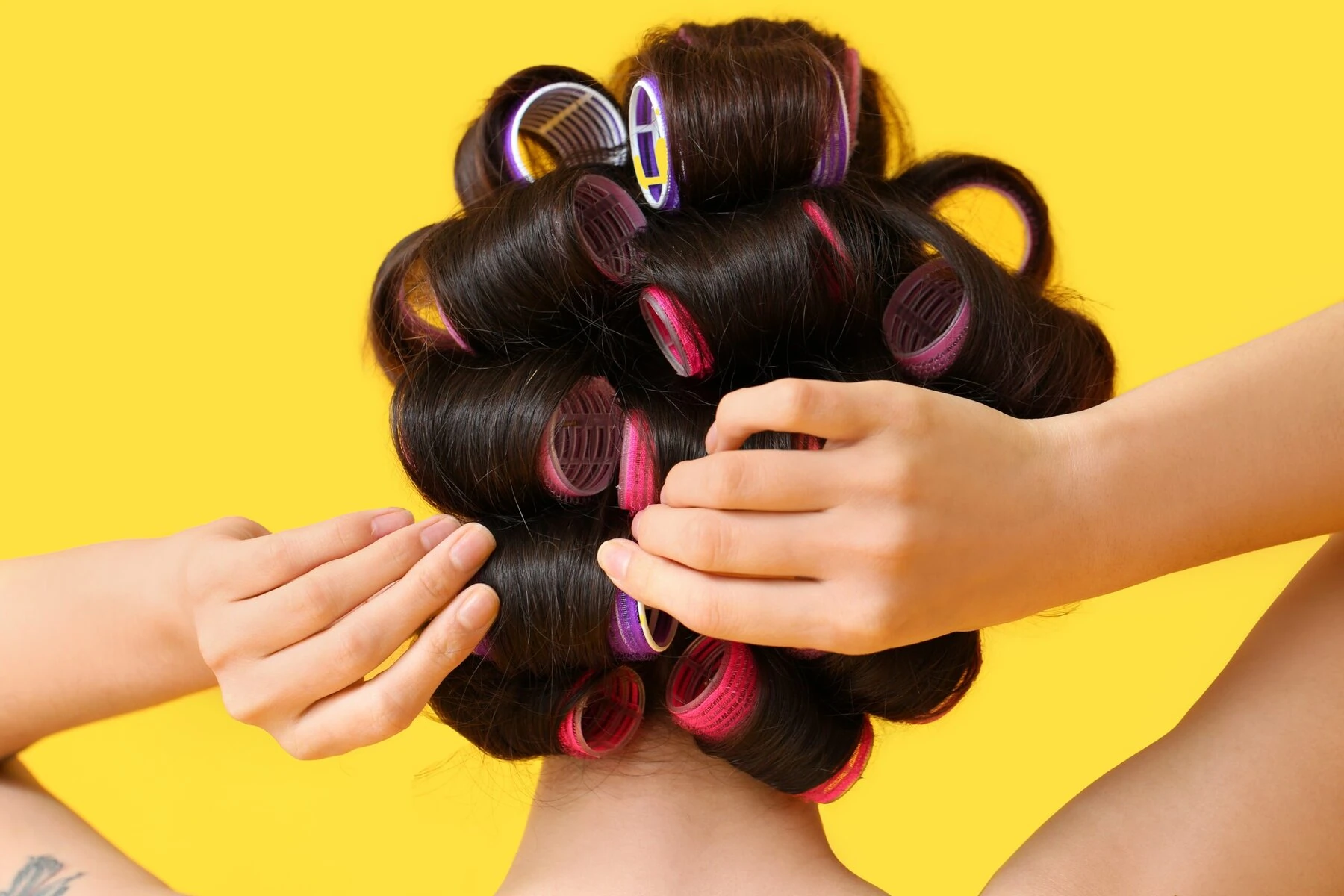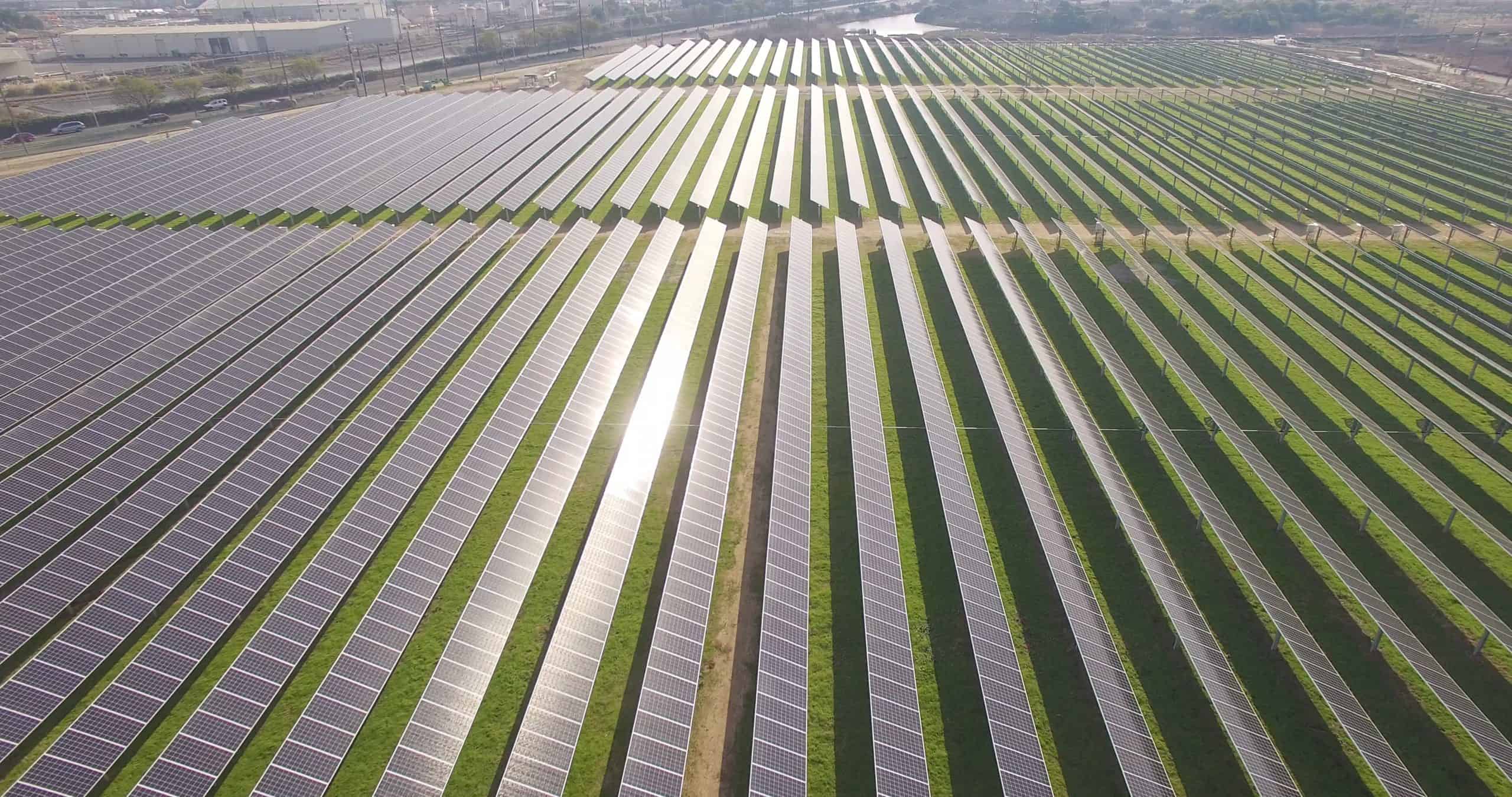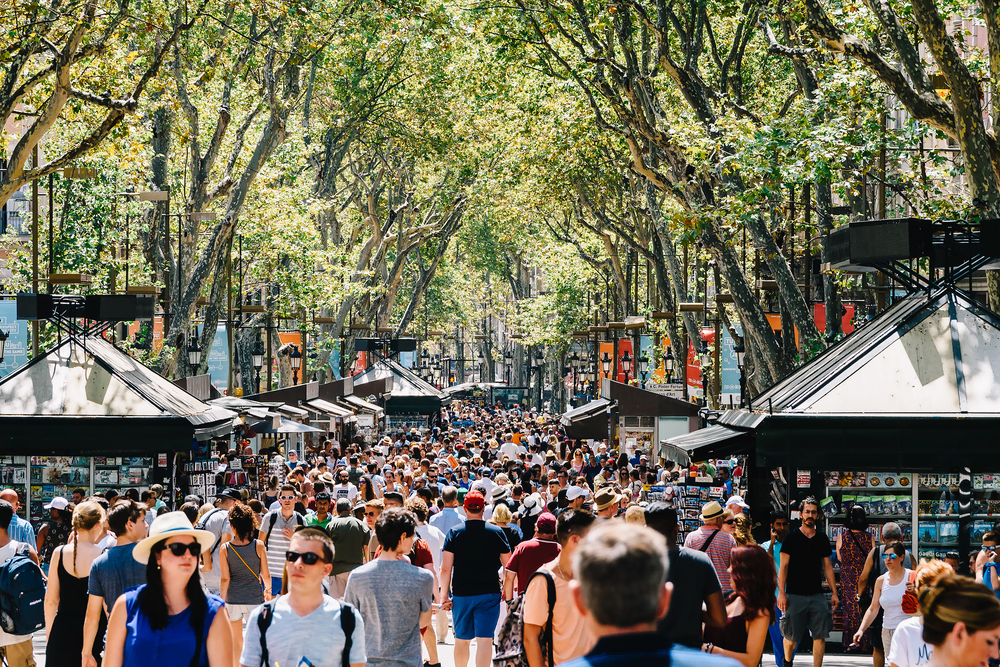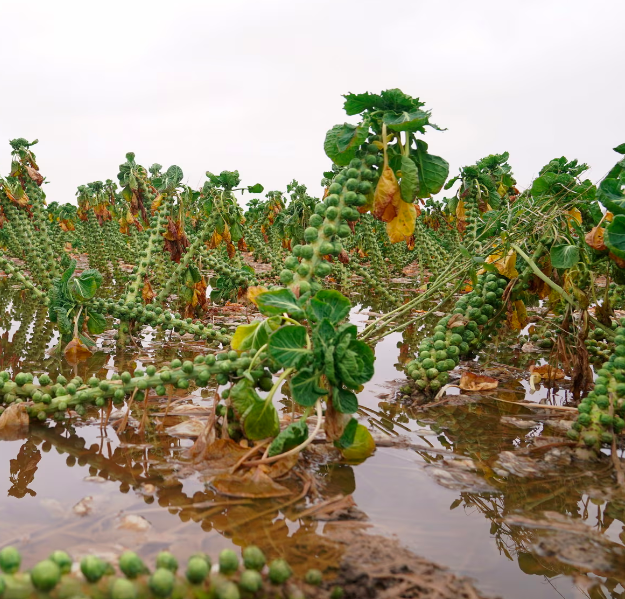Buying non-perishable products like tea, cookies, chocolate and soap from UK online retailer Love Health, Hate Waste has not only saved eco-conscious shopper Sylvia Tillman nearly $320 over the past year, but buying products that would otherwise go to landfill also puts her mind at ease.
Love Health, Hate Waste sells products that are past their “best before” date, but not deemed to be expired and so still safe to consume, at up to 90 percent off the original retail price. Some of the packaging is slightly damaged too, but the products are unopened.
None of this bothers Tillman, who is based in Ramsgate, UK. In her work as a tension release exercise coach, she is always on the lookout for health food bargains, which Love Health, Hate Waste specializes in. The only downside, she says, is that its stock changes regularly, so shopping on the site can take some time. But Tillman actually appreciates this for the novelty it brings.
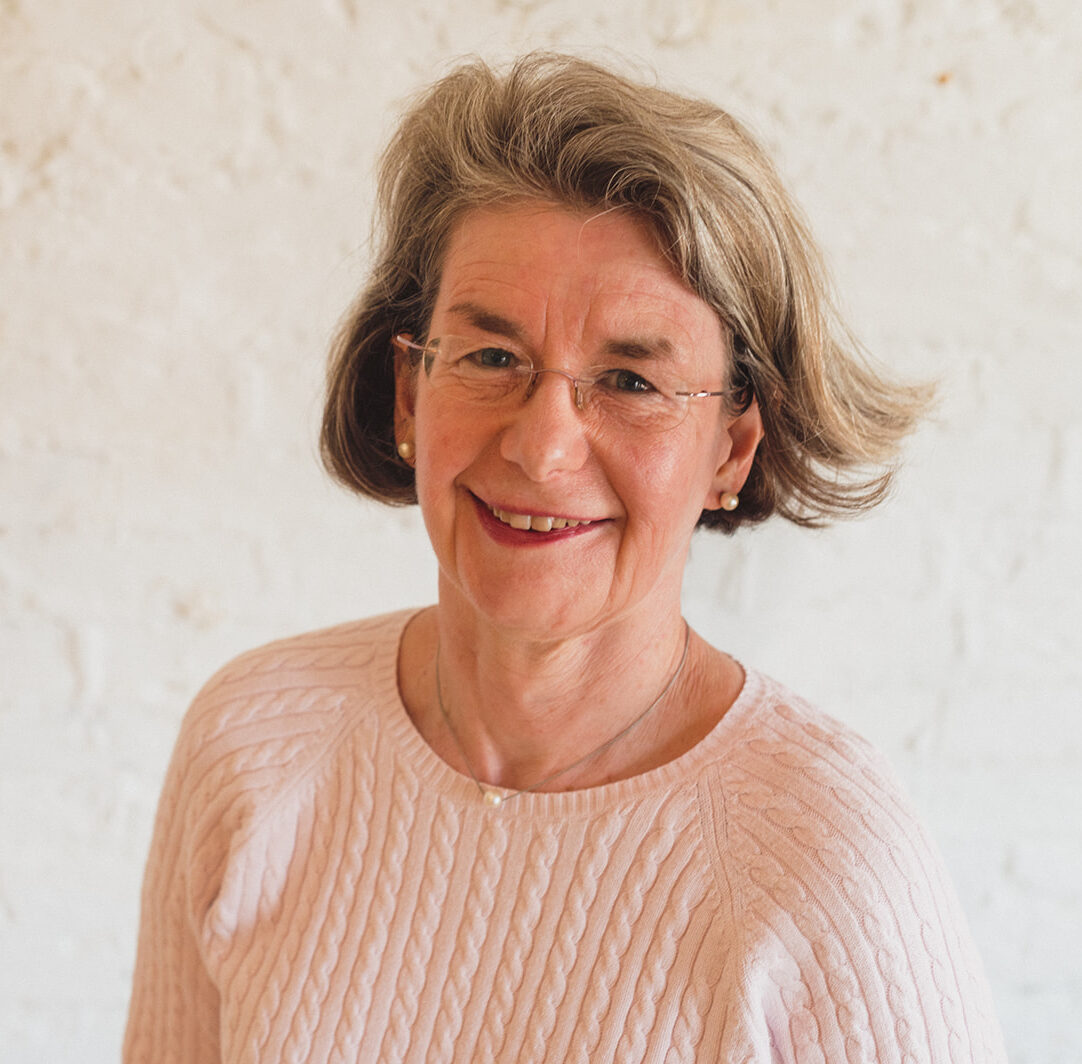
“As I love exploring new products that I’d never tried before, I love this aspect alongside the potential savings in money or of food to landfill,” says Tillman.
Buying flawed packaged products seems like a natural extension of the imperfect fruit and vegetable movement, which UK shoppers have embraced since supermarkets like Sainsbury’s and ASDA launched related promotions — the latter collaborating with celebrity chef Jamie Oliver in 2015. The term “wonky” has since become synonymous with products that have aesthetic flaws, but are otherwise fit for consumption.
Wonky fruit and vegetables have become a no-brainer in the UK as a way for farmers and retailers to cut down on food waste. Meanwhile, shoppers save money buying less-than-perfect produce that, a decade ago, would not have ended up on shelves at all.
Seventy-seven percent of UK adults YouGov surveyed last November said they’d be likely to purchase wonky produce next time they went shopping, with 72 percent driven by lower prices. Sixty-three percent are motivated to reduce food waste, with conservation group WWF finding that around 2.9 million metric tons of edible food is wasted on UK farms each year.
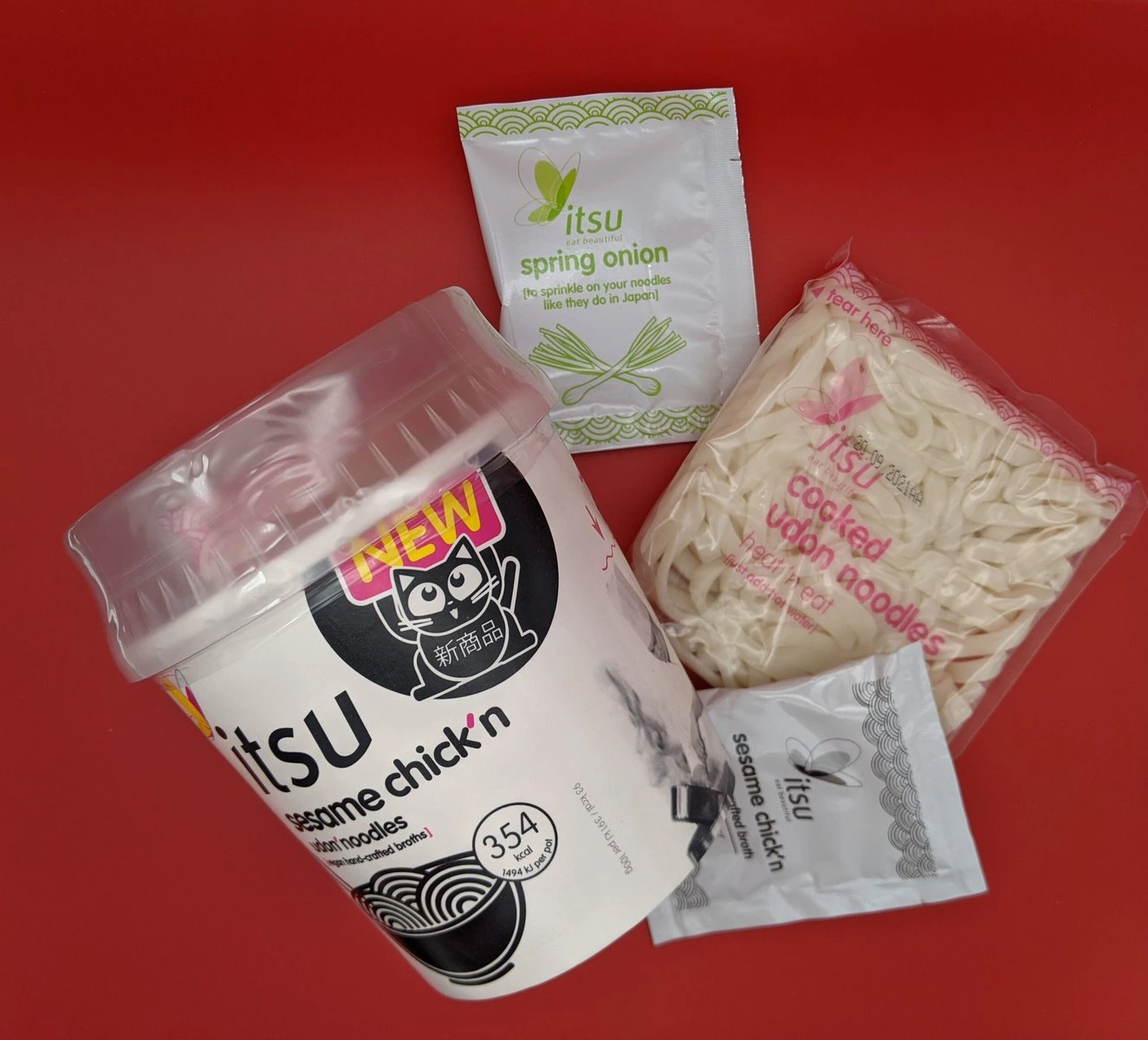
The trend is now extending beyond fresh produce, giving a new life to goods whose packaging has been bumped and bruised, leaving the inside item unharmed. For example, selling excess, obsolete and imperfect beauty products at half price or more, Boop launched its online marketplace in November 2023. Wonky Coffee, previously known as Odd Coffee, sources its flawed pods from a number of big brands and is said to have rescued around one million of these from landfill in 2021, its first year of business. It plans to reach 50 million by 2025. Earth and Wheat rescues wonky bread from its partner bakeries. And Amazon even opened a pop-up seconds store in London last year, selling returned goods at up to half price.
In the US, meanwhile, salvage stores, which stock damaged, discontinued, surplus and close-to-expiration-date items, are more popular than ever as grocery bills continue to rise, the New York Times reports, while rescuing $161 billion of food going into landfill each year. Shoppers are also finding deals on returned and surplus products on sites like Liquidation.com and Bulq, with some offering auctions on entire pallets.
What wonky means for retailers
Hema Stewart, founder of London-based recyclable wrapping paper brand Curlicue, introduced wonky gift wrap kits to Curlicue in 2019 as an avenue for selling wrapping paper that became slightly damaged after being transported for sale to market stalls. Sold at a 60 percent discount, the wonky kits include paper, tags and twine that have slight damage or are simply shorter than the ideal retail length. The kits now make up around 10 percent of Curlicue’s sales.
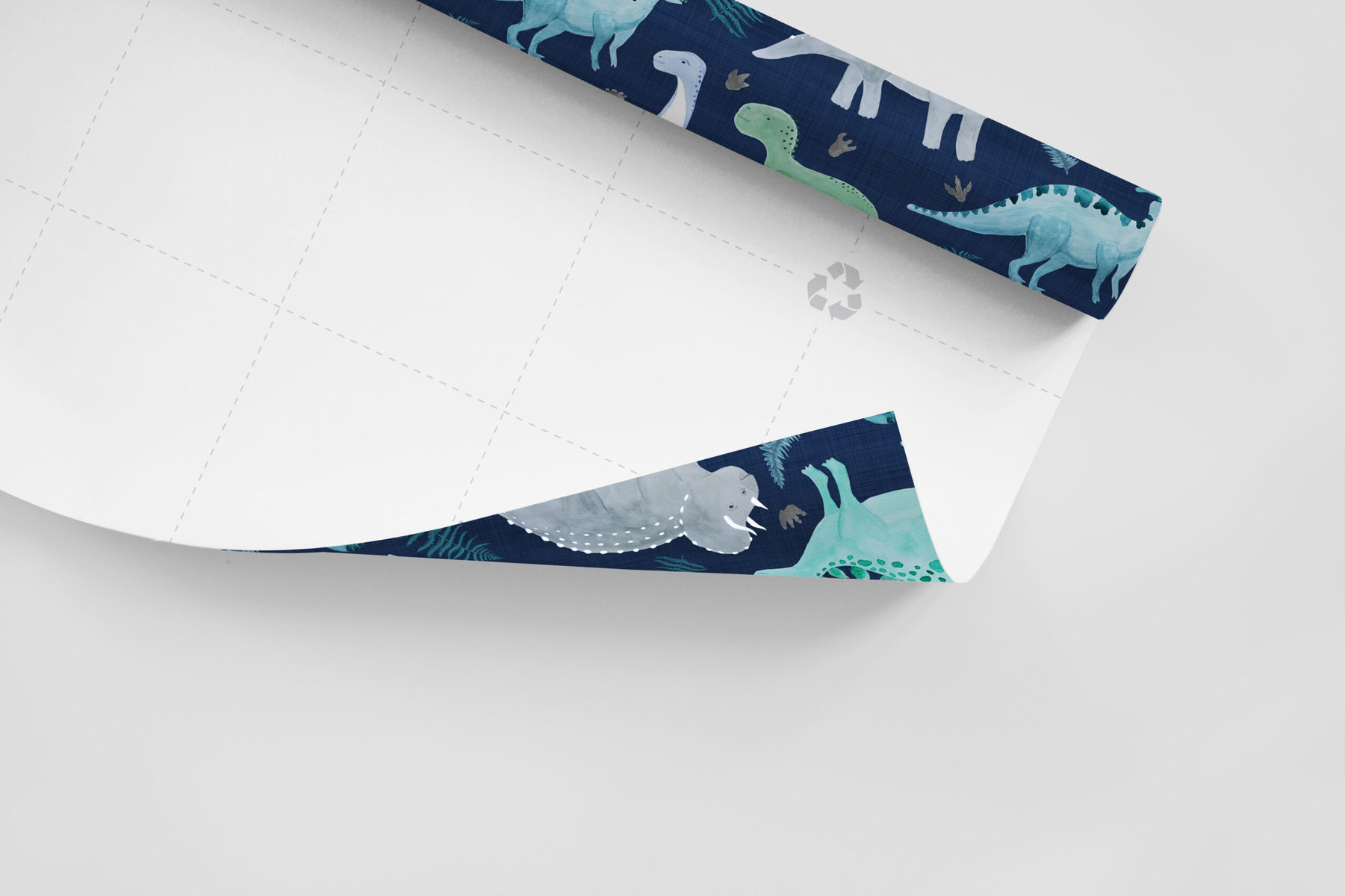
“We had been looking at the wonky fruit and veg campaigns that had been going on, and now the ‘wonky’ phrase has really caught on in society. Our wonky kits became an easy way for me to make sure there wasn’t product wastage, and that we were offering something at a slightly lower price point for people,” Stewart explains.
Stewart has observed how the popularity of secondhand platforms like Vinted has normalized giving overlooked items a new lease on life, with shoppers incentivized by sizable discounts, as mainstream prices continue to rise.
“That shift has had an important effect on how people are buying, and a lot are going back to a more traditional mentality of how you reuse things, and make them last longer,” she says.
Weighed down by negative news?
Our smart, bright, weekly newsletter is the uplift you’ve been looking for.Likewise, rather than disposing of cosmetically damaged returns, bubble kit maker Dr Zigs offers a wonky range at half the usual price, also making up around 10 percent of its sales. And like Stewart, owner Paola Dyboski has noticed a change in shopper mindsets.
“People are wising up to the way brands have put a veil over our eyes to make us believe we have to have something that’s perfect. Now people think more about reusing and upcycling,” Wales-based Dyboski says.
The best part, she adds, is being able to help budget-impacted customers.

“I’ve had so many messages, especially around Christmas, from customers saying they had always wanted to buy our bubbles but couldn’t afford it, and this has made it possible. That kind of feedback makes it worthwhile,” she says.
Helping people embrace the “perfectly imperfect”
Sustainable shopping expert Jennifer von Walderdorff confirms that the wonky shopping movement is helping people embrace the “perfectly imperfect” and move away from the social media-fueled desire to buy things to achieve a certain influencer approved look and lifestyle.
“Buying into this movement is not only smart but sustainable,” von Walderdorff says.
She notes, however, that culturally, there is still an element of wanting to hide that imperfection, meaning wonky products may reach a limited audience.
“Serving a meal with chopped-up wonky vegetables is one thing, as they can be concealed, as can the packaging you purchase your makeup in. But wearing a garment with an uneven hem, or having homeware that has decipherable imperfections is where the adoption may be harder,” she says. “If ‘wonky’ retail can be concealed, it will be the bargain of the century, but trying to sell this en masse may be tough.”
For that reason, Yasmine Amr, founder of beauty brand Boop, is focused on educating consumers about what it means to buy wonky. For example, two-thirds of the 300 UK women the company surveyed last year weren’t aware that it’s common practice in the beauty industry to destroy excess stock, products with damaged external packaging and unopened returns.
“A key challenge will always be consumer trust. Shoppers want to be sure they’re getting the real deal and their products will deliver results, even if the external box is missing or there’s been a misprint on the label,” says Amr.
To tackle this, Boop only sources directly from brands to make sure all products are safe, haven’t been tampered with, and are within their best-before dates. The company layers its own quality control checks over this, too.
“We’re focused on educating customers about product waste and how using platforms like Boop can help them lead more sustainable lives without sacrificing quality and luxury. For instance, changing a shampoo’s name due to a brand marketing decision shouldn’t be a reason to destroy thousands of units if the actual product is identical,” says Amr. “If consumers are aware of that, they’ll see there’s nothing truly wonky about these products.”
For Silvia Tillman, it’s about a wider approach to not wasting resources throughout her everyday life and tasks. “I’m generally eco-conscious, and don’t waste resources anyway. I’m impressed by and always keen to learn more of old-fashioned household hacks, like cleaning with vinegar or bicarbonate of soda, and doing laundry with soap nuts or ivy leaves,” she says.





